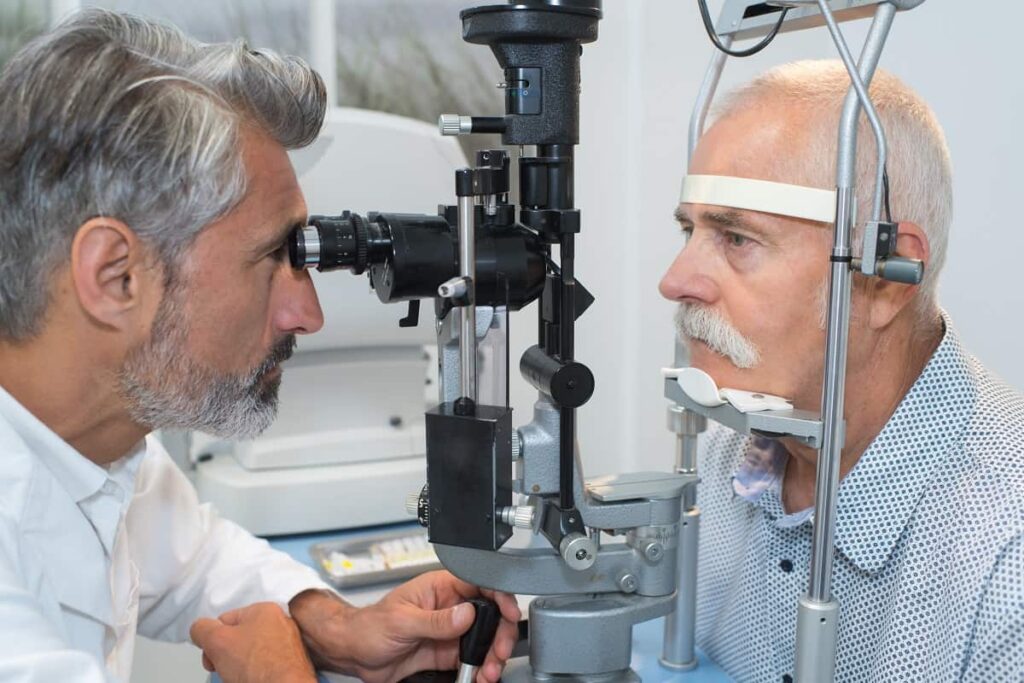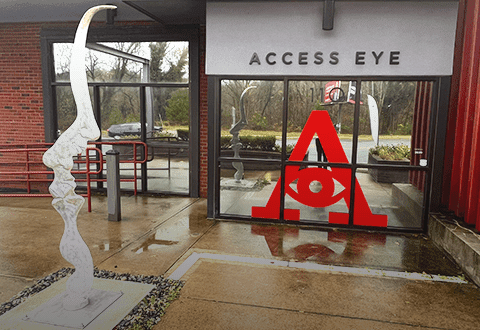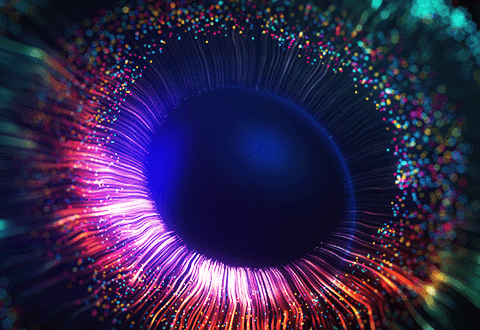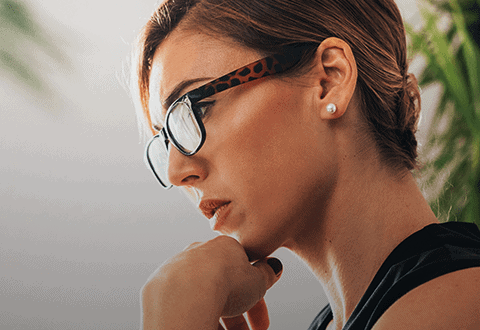Why Do I Need My Eyes Dilated During an Exam?

At Access Eye, we are often asked why dilation is necessary during an eye exam. Dilating your eyes is essential to getting a clear view of your eye’s internal structures. This allows us to check for signs of diseases that threaten your vision. If our doctors were to examine your eyes without dilating them, it would be as useless as peering into a room through a tiny keyhole.
What to Expect During a Dilated Eye Exam
A dilated eye exam at Access Eye is simple and painless. Our doctors use special eyedrops to dilate your pupils. The pupil is the black opening in the center of the iris, the colored part of the eye. The iris is made of muscles that normally contract or relax to make the pupil widen, depending on how much light is available. Dilating the pupils with drops allows more light into your eyes, so that our doctors can get a clear view into the back of your eyes.
During the exam, the doctor will closely evaluate a few of the key structures of your eye, including your retina, macula and optic nerve. The retina is the light-sensitive tissue lining the back wall of your eye. At the center of the retina is the macula, which is responsible for your central, detailed vision. The doctor will also examine your optic nerve, which transmits information to your brain.
As the doctor performs the examination, he or she looks for signs of disease that can cause vision loss and blindness, such as glaucoma, age-related macular degeneration and diabetic retinopathy. Sometimes these diseases do not cause any noticeable symptoms, and the only way to detect a problem in the early stages is through a dilated eye exam.
How Long Do the Effects of Dilation Last?
It takes about 10 to 30 minutes to fully dilate the pupils with eyedrops. The effects of the drops can last four to six hours, so expect your vision to be blurry for a few hours after your exam. You may also experience sensitivity to light during this time, so bring a pair of sunglasses to your appointment so you can wear them home in case the sunlight hurts your eyes.
Blurred up-close vision and sensitivity to light can affect your ability to drive or work. While patients typically maintain their distance vision, you may struggle to see the speedometer. You may feel more comfortable bringing along a friend or family member to drive you from your appointment.
















